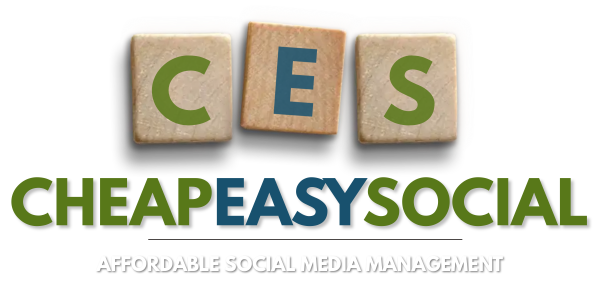Facebook Ads vs. Google Ads: Which Is Right for Your Business?
As a digital marketing agency, one of the most common questions we get from clients is whether they should be focusing their advertising efforts on Facebook Ads or Google Ads (formerly known as AdWords). Both platforms offer powerful advertising capabilities that can drive results for businesses, but they differ in important ways that make them better suited for some companies over others.
In this post, we’ll take an in-depth look at the key differences between Facebook Ads and Google Ads so you can determine which one is the better fit for your business.
Facebook Ads Overview
Facebook Ads allows you to reach users right where they already are – on the Facebook platform. When people are browsing their Facebook and Instagram feeds, you can serve them highly-targeted ads that capture their attention.
The key advantages of Facebook Ads include:
Precise Targeting Options
Facebook has a wealth of data on its users, including their demographics, interests, behaviors, and more. This allows you to laser-target your ads to very specific segments of users that are most likely to be interested in your products or services.
Visual, Creative Ads
Facebook Ads are optimized for visually appealing ad creatives, whether that’s eye-catching images, engaging videos, or attention-grabbing carousel ads. This makes Facebook a great platform for brands that want to tell a story and showcase their products in a compelling way.
Audience Retargeting
One of the most powerful Facebook Ads features is the ability to retarget people who have already interacted with your business, such as visiting your website or engaging with your social media content. This allows you to stay top-of-mind and reengage with users who have already shown interest.
Google Ads Overview
Google Ads, on the other hand, allows you to get your business in front of users who are actively searching for the products or services you offer. When someone types a relevant query into Google, your ad can appear at the top of the search results.
The key advantages of Google Ads include:
Intent-Driven Traffic
People searching on Google are typically further along in the buyer’s journey and have a higher intent to make a purchase. This makes Google Ads a great channel for capturing leads and driving sales, rather than just building brand awareness.
Established Credibility
When your ad appears at the top of Google’s search results, it carries an inherent sense of credibility and trustworthiness. Users are more likely to click on ads from familiar brands that rank highly in search.
Measurable ROI
Google Ads offers robust reporting and analytics, making it easier to track the performance of your campaigns and measure your return on investment. You can see exactly how many leads or sales your ads are driving.
So which platform is right for your business?
Factors to Consider
There are a few key factors to weigh when deciding between Facebook Ads and Google Ads:
Your Marketing Goals
Are you primarily focused on driving immediate sales and revenue, or building long-term brand awareness and engagement? Facebook Ads tend to be better for the latter, while Google Ads excel at the former.
Your Target Audience
Facebook’s massive user base of over 2 billion people makes it a great choice if you’re targeting a broad, consumer-oriented demographic. Google Ads, on the other hand, work well for B2B companies or those targeting niche audiences.
Your Creative Assets
If you have high-quality, visually compelling ad creatives, Facebook is likely the better platform to showcase them. Google Ads tend to perform better with more straightforward, text-based ads.
Your Budget
Generally speaking, Google Ads tend to be more expensive than Facebook Ads, especially for competitive, high-volume keywords. Smaller businesses may find Facebook Ads more affordable to get started with.
The Bottom Line
Ultimately, the “best” advertising platform for your business will depend on your unique goals, target audience, creative capabilities, and budget. In many cases, the most effective strategy is to utilize both Facebook Ads and Google Ads in a complementary way.
Facebook Ads can be excellent for building brand awareness, driving traffic to your website, and retargeting engaged users. Google Ads, on the other hand, are great for capturing high-intent leads and driving direct sales.
By leveraging the strengths of both platforms, you can create a comprehensive digital advertising strategy that covers all the bases and delivers maximum results for your business.
Conclusion
Choosing between Facebook Ads and Google Ads is not a simple either/or decision. Both platforms offer powerful advertising capabilities that can benefit businesses in different ways.
The key is to carefully evaluate your specific marketing objectives, target audience, creative resources, and budget. From there, you can determine which platform (or combination of platforms) is the best fit to achieve your goals.
At Cheap Easy Social, we work closely with clients to develop customized advertising strategies that leverage the unique strengths of Facebook Ads, Google Ads, and other channels. If you’re unsure which path is right for your business, we’d be happy to provide a consultation and recommendations.
Feel free to reach out to our team to learn more!
cheapeasysocial.com




